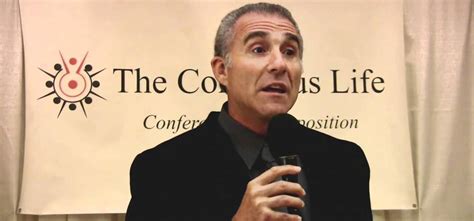A Quote by C. Everett Koop
The health care industry can play a great role in this by being aware of the fact that these children form perhaps the most neglected group of people in the country, largely because it is hard to find them.
Related Quotes
I do not care what you do, and that is hard for you to hear. Yet do you care what your children do when you send them out to play? Is it a matter of consequence to you whether they play tag, or hide and seek, or pretend? No, it is not, because you know they are perfectly safe. You have placed them in an environment which you consider friendly and very okay.
Although a government study found that men's health was much worse than women's health or the health of any minority group, headlines around the country read: 'Minorities Face Large Health Care Gap.' They did not say: 'Men Face Large Health Care Gap.' Why? Because we associate the sacrifice of men's lives with the saving of the rest of us, and this association leads us to carry in our unconscious an incentive not to care about men living longer.
It's paradoxical that, when you have better health, families choose to have less children, because they've been having enough children so that they can be sure that a few of them will survive and take care of them. So as health improves, then all the other problems are dramatically easier to tackle.
Certainly there was the Affordable Care Act part, then unaccompanied children [there has been a surge of children entering the country illegally and without parents, particularly in Texas], and things like, we find smallpox in an NIH lab, after 50 years? Why didn't you find it, like, five weeks ago or three years ago? There was thing after thing. But the big ones were [dealing with] the Ebola [outbreak], the unaccompanied children. [It was] perhaps a bigger challenge than I had calculated on my yellow pad as I was thinking about this role.
Since the 1920s, virtually all continuing medical and public health education is funded by pharmaceutical companies. In fact, today, the FDA can't even tell health scientists the truth about vaccine contaminants and their likely effects. The agency is bound and gagged by proprietary laws and non-disclosure agreements forced upon them by the pharmaceutical industry. Let us not forget that the pharmaceutical industry, as a special interest group, is the number one contributor to politicians on Capital Hill.
It's hard to say. Whenever you play with a group of people for a long time it influences the way that you play with others. They were all very defining in their own way and all affected the band in one way or another. I don't think they are so obvious in the music. The fact is that The Lawrence Arms is the culmination of a long search of trying to find people who play well as a unit.
If they were going to go to London or to the UK to find out how health care is, national health care doesn't work, all they have to do is go to the Soviet Union to find out how communism and socialism didn't work, but it hasn't dissuaded them from trying it here because they think the only thing that hasn't happened is the right people haven't tried it with the proper funding.




































